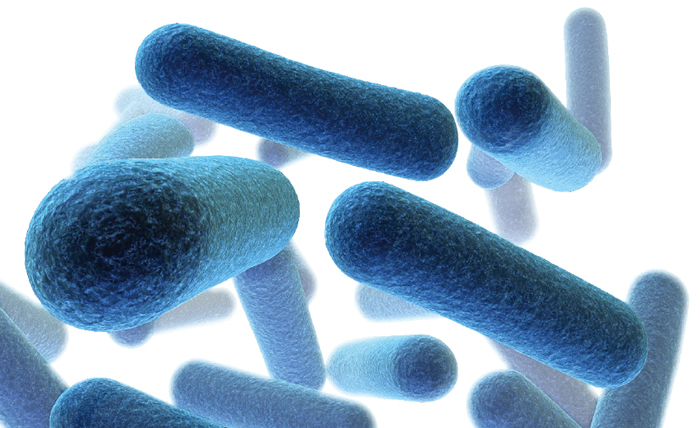Microbes: Friends or Foes?

By: Kristen Farley
Viruses, bacteria and fungi-oh my! It is a shame that in this day and age microbes are consistently given such a bad rap. Most people are aware only of pathogenic microbes, ones that cause illness and disease, rather than the plethora of microorganisms that actually benefit humans. Many microbes, especially bacteria, have been extremely useful in the understanding of a number of complex biological processes such as transcription, translation and various metabolic pathways. Bacteria have also proven to be ideal organisms for genetic recombination experiments and the production of proteins needed by other organisms.
Bacteria are inexpensive, easily cultivated organisms with small genomes (compared to Eukarya). As mentioned earlier, recombinant DNA technology has been used successfully over and over again in bacteria, creating strains capable of producing human proteins, as well as the proteins of other eukaryl organisms on a large scale. However, there is one group of bacteria which we may be forever indebted to: the cyanobacteria.
Cyanobacteria are photosynthetic bacteria which are believed to be responsible for Earth’s oxygen-rich atmosphere. These photoautotrophs opened the niche for aerobic organisms (that includes us humans) and without them, we may not exist.
Another interesting benefit of bacteria is our symbiotic relationship with them. Numerous bacteria inhabit our skin and intestines. The bacteria in our guts help us more than we realize, from providing us with vitamins that we cannot synthesize on our own to simply aiding in the digestion of food that we normally may not be able to digest.
Still puzzled as to how viruses could possibly benefit humans? Bacteriophage, a type of virus that attacks only bacterial cells, seem to be the most beneficial viruses for humans. Certain bacteriophage have the ability to take up and incorporate DNA into the bacterial genome. This ability has made it possible for certain genes to be moved around from bacteria to bacteria, using bacteriophage as the vehicle for DNA transfer between the cells. This technique often comes in handy when studying how changes in the DNA sequence or the addition of genes into the bacterial genome affects the bacteria. Bacteriophage often lyse, or break open, bacterial cells shortly after attacking, a feature National Geographic claims could lead to new remedies against antibiotic-resistant strains of bacteria.
Fungi possess a multitude of human benefits as well. Like bacteria, genetic recombination has been used to incorporate the genes for human insulin into fungal cells. The insulin produced by these fungi has been marketed for human use. Also, the active ingredient of the famous antibiotic penicillin is harvested from bread mold. Other fungi, such as yeast, are used in the making of bread and other products.
With so many wonderful benefits, it should be easy to understand that a world with bacteria, viruses and fungi trumps a world without them. These microbes have been imperative in our understanding of many complex biological processes. They are capable of producing compounds essential. Our ability to manipulate them has made them great biological study tools. After learning some of the benefits of these microbes, hopefully you will start seeing microbes in a positive light and appreciate them in a whole new way.

